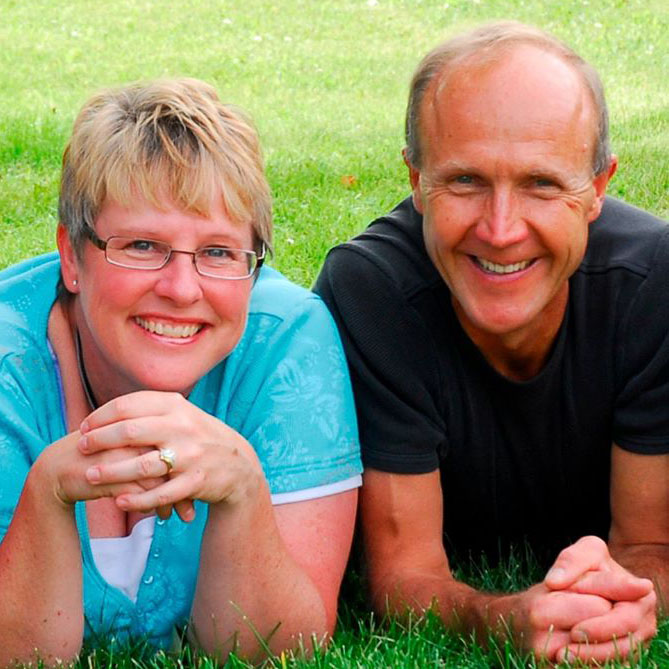Yahoo, the New Year has arrived!! It’s an exciting time to look forward to growth, learning, and change. Many of us have a list of resolutions for new behaviours. It’s out with the old and in with the new. This year is going to be the best ever.
And then – after a couple weeks of commitment and dedication – we may notice that the old habits sneak back into our lives. Has it happened for you?
“Dang, it’s hard to get up early and go to the gym.”
“I know it’s time to quit for the day, but I’ll just work another hour or two.”
“One chocolate bar (or two) won’t hurt anything. I need the energy. I shouldn’t have skipped lunch.”
“I promised myself that I was going to control my anger, but I can’t believe what that jerk did to me.”
Do you feel guilty then?
Guilt is an interesting and unhealthy phenomenon. If we harbour guilt often and for long periods of time, we feel stressed-out, confused, and inadequate. Our self-esteem declines, we may become reactive, use excuses, and may not treat ourselves or others with kindness and respect. We may become mentally and physically sick.
Why guilt occurs is fairly simple. Eliminating guilt can be tough.
Why Guilt Occurs
We live our lives according to our belief system. We all have one. A belief system is an unwritten set of rules that we have accepted as true. These beliefs are unconscious commands to our nervous system and they control how we think, speak, and act. Our beliefs are interpretations, or misinterpretations, of past experiences. Beliefs are not necessarily right or wrong, and yet we protect them as if they are universal truths. (You can learn more about your B.S. (Belief System) in my book)
Each of us has beliefs about all kinds of things. Examples:
• To be healthy, I have to exercise everyday
• To be successful, I have to work really, really hard
• Anger is never appropriate
We learned and accepted most of our beliefs as children, because they kept us healthy and safe.
When our behaviour is incongruent or not-in-alignment with these beliefs, we feel unhealthy, unsafe, and guilty.
Examples:
• I used to believe this: to be successful, life was all work and no play. Idle time and relaxation were a waste of productive time. If I chose to take a few hours or a day doing fun things with my family, I felt guilty because I wasn’t working. The more time I took with my family, the more guilt I felt.
• To complicate the issue, I also believed this: a good spouse and father spends quality time with his family. When I was working, I felt guilty for not being with my family. The more hours I worked, the more guilt I felt.
Double-whammy-guilt – what a mixed-up dude!!
How can we get rid of the guilt?
Dust off your magic wand and whoosh it in the air, say some hocus-pocus and poof, it’s fixed. The belief, the behaviour, or both, are changed to be congruent.
Easier said than done, my friends.
To overcome my example, I chose to change the beliefs to the following:
To live a balanced, successful life, it is healthy for me to work hard, invest quality time with my family, and take time for myself.
I also consciously choose my behaviour to match the belief. Now I focused on work when I work, take time to invest with my family, and take alone time to renew and re-energize.
Carol and I work together to keep from falling into the old patterns. We plan our together time, alone time, and work time. If something interferes, renegotiation happens to ensure there is a healthy balance. We support each other.
A critical point for me is to be totally present, conscious, and aware of what I am doing.
• I choose to work and enjoy my work. I savour the challenges and celebrate the successes. I focus on the present task, knowing that my thoughts and behaviour “now” create my future.
• I choose to invest time to enrich my family relationships. I appreciate every interaction and focus my thoughts and behaviour on enhancing those relationships. I strive to act in ways that are kind, loving, and respectful.
• I choose to immerse myself in alone time for exercise, meditation, reading, and relaxation.
When I choose behaviours that are congruent with my belief(s) – no guilt.
My challenge for you, if you choose to accept, is:
1. Consciously notice when you feel guilty.
2. Evaluate your belief(s) in regard to the behaviour. Is the belief supporting you to create the results you desire?
3. Evaluate your behaviour. Is it supporting you to create the results you desire?
4. Consciously choose to change the belief, the behaviour, or both so they are congruent and support you to create the results you desire and deserve.
This challenge fits well with my last article (Did You Know That When You Say “Yes”, You Are Also Saying “No”?). You will be saying “yes” to balance, focus, happiness, and success and “no” to feelings of guilt, anger, confusion, and victimization.
Ask your mate or a friend to help you stick-to-it to ensure this becomes a new habit. Better yet, help each other.
Eliminate the word “guilt” from your vocabulary this year. You have better uses for that energy. Keep the New Year excitement alive for the whole year.
Happy, Healthy, Successful New Year!!

